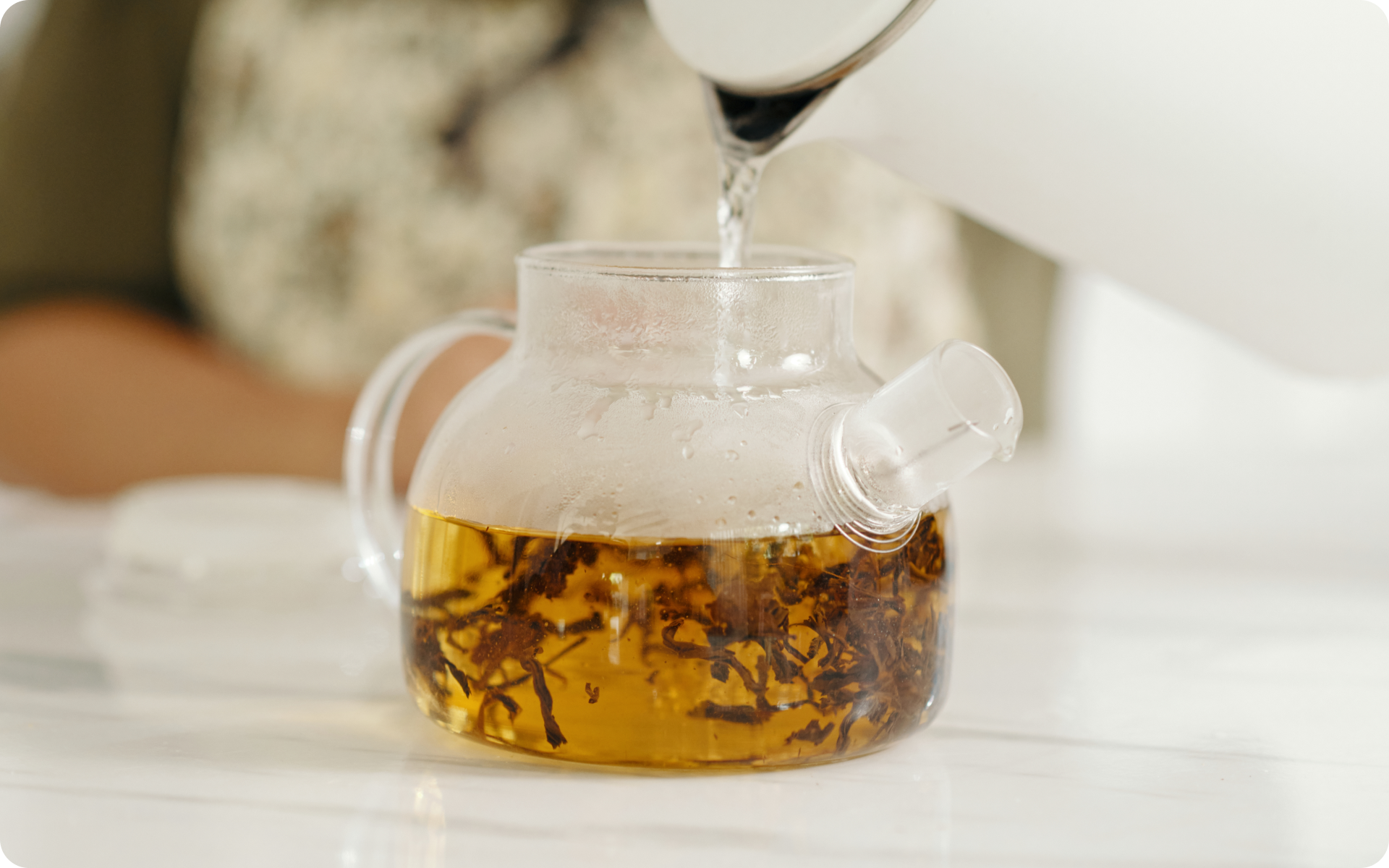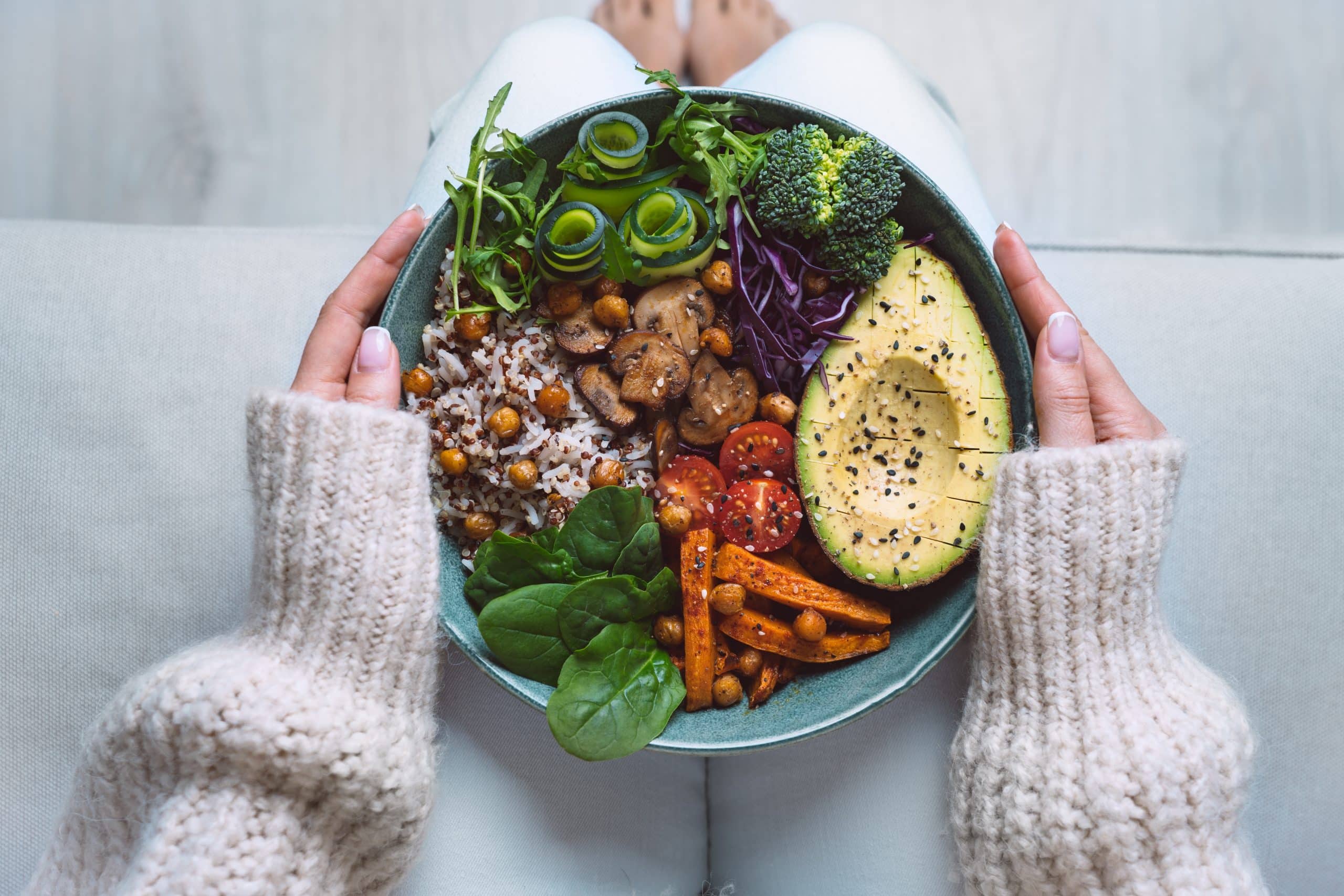30 Day Juice Fast Weight Loss
Juice fasting has been sweeping the social media for a couple of years now. Its’ proponents claim it’s a breakthrough way to lose weight. On top of that, sticking it out and going through with a juice cleanse helps you get through the night without constant tossing and turning and packs a ton of other health benefits which we break down later in the article. While the most popular fasts last for up to a week, some people claim that you can effectively survive on a juice fast for a whole month, and not only shed your excess pounds, but improve your overall well-being. Is it true, and can you safely get rid of that belly fat with a 30 day juice fast weight loss plan? Read below to find out.
What Is Juice Fasting?
This is a fad diet promoting weight loss and «cleansing» through consumption of exclusively fruit and vegetable juices for a timespan of 3 days to several weeks. Advocates of juice cleansing claim it delivers a bevy of health benefits:
- Helps in determination of food sensitivities
- Rehydrates the body
- Repairs digestive system
- Promotes weight loss and healthy eating habits
- Detoxifies the body
- Boosts your immunity
- Prevents heart disease
- Increases energy levels
- Improves overall health
- Provides a “master cleanse” for the body
Most of these, however, are entirely unsubstantiated. That is not to say fresh juices are unhealthy – they indeed are, since they’re made of fruits and vegetables. In fact, all possible health benefits juice fasting provides is due to the increased intake of fruits and veggies – but eliminating all other foods makes it worse for your body, not better.
For instance, while juice fasting proponents claim that you’re getting rid of unnecessary fiber when you juice the fruit instead of eating it whole, making it easier for nutrients to absorb. The evidence suggests the contrary – you absolutely need fiber to support your digestive system (2). Some antioxidants present in the fiber are also lost when you make a juice. By removing the fiber content, sugar travels faster in your bloodstream and might increase your blood glucose levels.
Still, juices as such are a very healthy add-on to your balanced diet. Juices can help improve blood pressure, cholesterol, and your chances of heart disease, stroke, and even Alzheimer’s.
What about the juice fast, then?
Read More: Green Smoothies For Weight Loss That Pack A Serious Health Punch
The Dangers Of Juice Fasting
The «Detox» Does Not Exist
In fact, the premise of juice fasting is scientifically false. Your body does not receive any «detoxing» when you fast. You don’t need any fasts to get rid of toxins. The body does it on its own. There are detoxifying enzymes in the liver that break down alcohol and other drugs, and the kidneys handle water-soluble toxins.
Juice Fasts Are Extremely Low In Protein
Many juice fasts and liquid diets require no consumption of protein whatsoever, or have very low amounts of it. People need a daily supply of protein to build healthy immune cells and regenerate muscle if they’re physically active. Besides, proteins reduce appetite and hunger levels, strengthen your bones, boost metabolism, and help lose weight (3, 5, 6).
Fruits and vegetables contain only small traces of protein, for instance:
- Fresh orange juice: 118 calories, 1.8 gram of protein and 27.3 grams of carbs per serving (one cup / 250 ml)
- Lemon juice: 57 calories, 0.9 grams of protein and 17.8 grams of carbs per serving (one cup / 250 ml)
- Carrot juice: 97 calories, 2.4 grams of protein and 23.1 grams of carbs per serving (one cup / 250 ml)
- Apple juice: 126 calories, 0.3 grams of protein and 30.1 grams of carbs per serving (one cup / 250 ml)
It is most definitely not going to cut it, because the average person needs about 0.8g per kilo of body weight as a daily protein intake. If you’re following a juice fast, you won’t even meet a necessary minimum. And while it’s not likely to cause any irreversible harm if your fast lasts 3 days, 30 days of fasting will have detrimental effects on your health.
If you tend to let yourself off the hook, raise the white flag when things get tougher than you expected, send yourself on an unconscious binge-eating trip – BetterMe app is here to help you leave all of these sabotaging habits in the past!
Juice Fasts Exclude Fiber
Up to 90% of fiber is removed by juicing while fiber is considered to be essential for normal body functioning and steady weight loss.
The benefits of fiber include:
- Normalizing bowel movements
- Maintaining bowel health
- Lowering cholesterol levels
- Controlling blood sugar levels
- Helping you live longer
Thus, almost entire exclusion of fiber is unnecessary and harmful for your organism.
Too Few Calories
Depending on which cleanse a person chooses to do, and how many glasses of juice they drink, the calories that a person winds up consuming daily can range from about 800 to 1,200 calories. If done for 10 days, the low-calorie intake that comes with doing an intense cleanse could send the body into starvation mode, meaning it will try to conserve calories by slowing down metabolism, because the body is unsure when it will be fed again.
Thus, instead of boosting metabolism, a 30-day juice fast will grind it to a halt, which means you’ll regain all the lost weight and maybe even more shortly afterwards. Weight loss after a 30 day juice fast will unfortunately be short-lived.
You Might Experience A Bunch Of Side Effects
While following a juice-only diet, people often experience side effects such as headaches, fatigue, inability to focus, moodiness, stomach pain and hunger pangs. Also, juice-only diets are bad idea for people with diabetes who may be on medication that regulates insulin activity. Drinking so much juice could lead to unstable blood sugar levels.
Pregnant or breastfeeding women, as well as people with compromised immune systems or weak heart, liver or kidney disease should also avoid juice cleanses.
Too Much Sugar
Consuming too much fructose, one of the naturally occurring sugars in fruit, has been connected to high blood sugar, weight gain, and an increased risk of type 2 diabetes (1, 4).
About one cup (250 ml) of 100% apple juice contains less than 1 gram of fiber but packs 25 grams of sugar and 126 calories.
In a similar vein, 100% grape juice has 37 grams of sugar in a 250 ml serving.
In fact, it is not recommended to consume more than one serving of juice or smoothies each day, since they’re have a higher sugar content which could damage your dental health.
Conclusion
To sum up, a 30-day juice fast weight loss plan will almost certainly turn out to be a disaster for your health condition. Following this fad is a downright irresponsible and toxic piece of advice anyone could give you. Instead of opting for an unbalanced diet, join a community of sensible people who are trying to shed their unwanted pounds in a risk-free tried-and-true way. Also, follow a balanced and nutrient-rich diet. Keep in mind that diets like Mediterranean, Keto, or Vegetarian always score the top spots on the list. Remember to combine your diet with active training. Building up muscle while losing fat is what you need to shoot for.
DISCLAIMER:
This article is intended for general informational purposes only and does not serve to address individual circumstances. It is not a substitute for professional advice or help and should not be relied on for making any kind of decision-making. Any action taken as a direct or indirect result of the information in this article is entirely at your own risk and is your sole responsibility.
BetterMe, its content staff, and its medical advisors accept no responsibility for inaccuracies, errors, misstatements, inconsistencies, or omissions and specifically disclaim any liability, loss or risk, personal, professional or otherwise, which may be incurred as a consequence, directly or indirectly, of the use and/or application of any content.
You should always seek the advice of your physician or other qualified health provider with any questions you may have regarding a medical condition or your specific situation. Never disregard professional medical advice or delay seeking it because of BetterMe content. If you suspect or think you may have a medical emergency, call your doctor.
SOURCES:
- Intake of Fruit, Vegetables, and Fruit Juices and Risk of Diabetes in Women (2008, ncbi.nlm.nih.gov)
- Intake of Whole Apples or Clear Apple Juice Has Contrasting Effects on Plasma Lipids in Healthy Volunteers (2012, ncbi.nlm.nih.gov)
- Optimizing Protein Intake in Adults: Interpretation and Application of the Recommended Dietary Allowance Compared with the Acceptable Macronutrient Distribution Range (2017, ncbi.nlm.nih.gov)
- Reducing Childhood Obesity by Eliminating 100% Fruit Juice (2012, ncbi.nlm.nih.gov)
- Substituting healthy plant proteins for red meat lowers risk for heart disease (2019, hsph.harvard.edu)
- The role of protein in weight loss and maintenance (2015, pubmed.ncbi.nlm.nih.gov)










